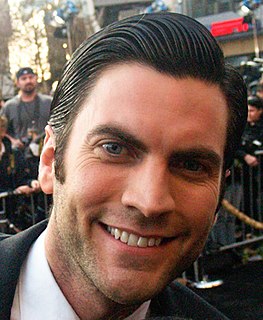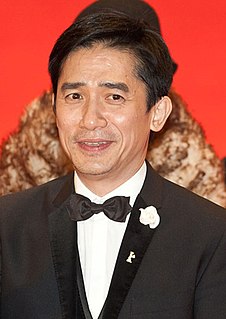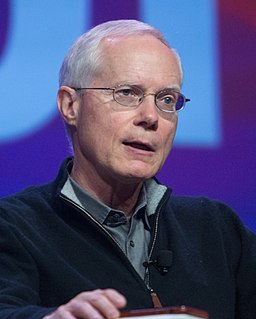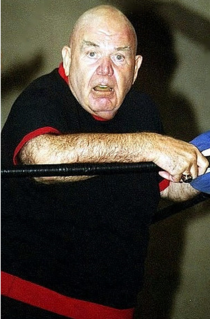A Quote by Wes Bentley
After 'Four Feathers,' I quit then because I just lost faith. I didn't like how the business was.
Related Quotes
The world is full of people who have lost faith: politicians who have lost faith in politics, social workers who have lost faith in social work, schoolteachers who have lost faith in teaching and, for all I know, policemen who have lost faith in policing and poets who have lost faith in poetry. It's a condition of faith that it gets lost from time to time, or at least mislaid.
I'm so thankful when I have a job. I would say the worst job I ever had was the one I quit after the first night. I was an overnight restaurant janitor. And it wasn't because of the job. We had to do four restaurants in the night, overnight. But I was working with a den of thieves. I just quit the next day.
When you're writing something, and you're putting yourself out there, or you're performing and someone comes in and savages that, then of course it feels personal. It doesn't feel like it's just business, because there's no business - it's not like we're conducting business, this anonymous critic and I. It's just that this person is tearing me a new asshole.
My father left us three times when I was between three and six. You just couldn't tell - suddenly one day he would leave and then maybe he would come back after six months without telling you why. And then maybe he would disappear again after a year and it's very difficult to take when you are four or five. You just don't know how to handle it and nobody in the family wants to talk about it. My mother didn't know how to tell us and she needed to work because we needed money to live.
I just happened to have my camera and be photographing my friends. It was totally innocent; there was no purpose to the photographs. There was a purity to them that wasn't planned; it was realism. Over the years, the work has changed for me. I know that I have wanted to repeat myself, but I can't. I've been lost a lot of times, but then I'd just get an idea and photograph it. Once I'd started, I'd know exactly what would go down and how it would end. So I just quit doing it, because it loses all interest for me when you know what's going to happen.
I have a lot of friends who were stand-ups, and they just stopped after a while, because they didn't like that battle, or they just couldn't do it. And then they would get on a sitcom and get visible and get back into it, because the audience was just way easier on them. But they lost those crucial years of learning to turn any audience into your audience.
The first time you went to the gym, to be trained and worked out, there'd be about four or five wrestlers, they'd take you to heavy calisthenics and then they beat the tar out of you... after you got tired. If you came back the next day they'd do the same thing. After about four days of you surviving this punishment, then maybe they might show you how to wrestle. That was to teach respect.
[A]s soon as you try and take a song from your mind into piano and voice and into the real world, something gets lost and it's like a moment where, in that moment you forget how it was and it's this new way. And then when you make a record, even those ideas that you had, then those get all turned and changed. So in the end, I think, it just becomes it's own thing and really I think a song could be recorded a million different ways and so what my records are, it just happened like that, but it's not like, this is how I planned it from the very beginning because I have no idea, I can't remember.




































